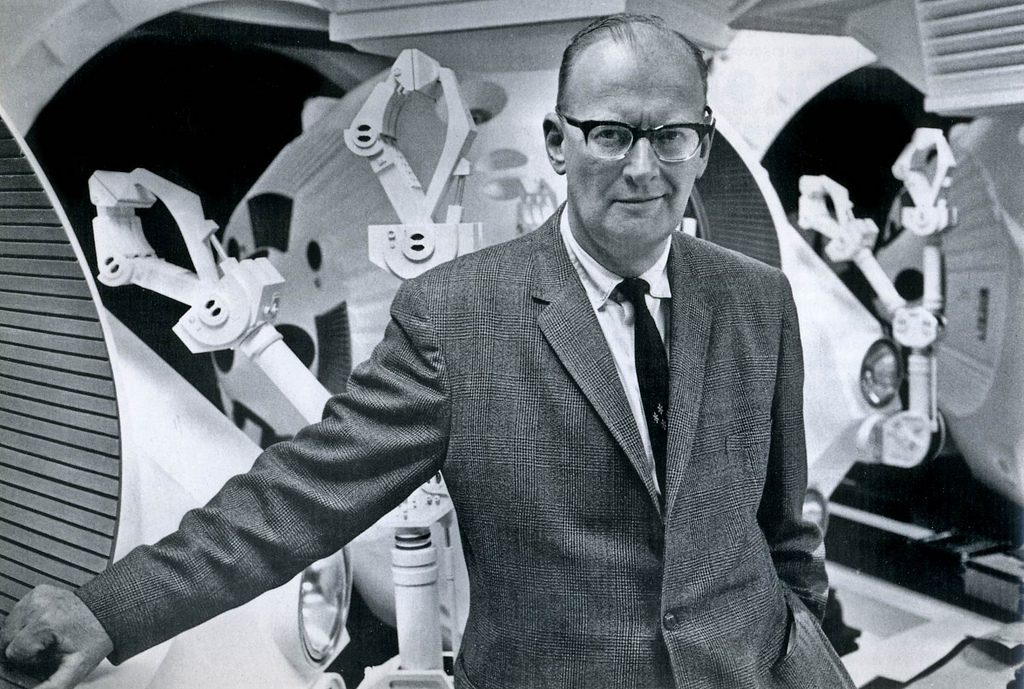Algorithms: Its Control Should Be Exposed For Inspection
Recently, artificial intelligence celebrated its 60th year and it sure has a flashy birthday. Open your laptop and go to any publication on computer science whether academic or technical, you’ll be greeted with continuous progress. At present, algorithms and AI take over our lives in a lot of possible ways – we can see it from the way financial markets perform trades up to the discovery of latest pharmaceutical drugs and how we find out and receive our news.
However, just like any invisible authority, systems such as this should welcome inspection. But most of the time, they are not open and we aren’t even aware that these types of systems play an important role in our lives. Over the past years, companies like Facebook, Google and Amazon have controlled the information they publish to their users; straightening our “metadata” and choosing only the items which will catch our interest the most.
Algorithms are used for personalizing Google’s search or customizing Facebook newsfeed, but it is more than that. Giant tech companies like Cisco have delved the capability of the internet to divide groups of users who would be given preferential download speeds according to their perceived value. Other companies made a promise to utilize breakthroughs in speech-recognition technology in call centers: this way, they will be able to send clients to people with the same type of personality for a more efficient call resolution rates.
The usual mistake is treating this type of personalization in a negative way. Writer and futurist Arthur C. Clarke once said that any adequately advanced technology is imperceptible from magic. Many people will be fascinated while watching a really awesome magic trick while their smartphone unknowingly shows an important piece of information at the exact moment – just like when your iPhone reminds you where you parked your car.
However, that moment is usually associated with doubt. Isn’t it weird how on Earth did Google know your all time favorite football club? Are we being fed with news that matches our version on our Facebook page? Usually, we have no idea because the internal workings of algorithms’ is still unavailable to us.
The academic named Sherry Turkle had an amazing observation about PCs during the 1980s when families begun to buy home computers and unlimited lines of green text provided an entrance for the expensive graphical user interfaces. At this juncture, she has recommended computers should be transformed from a hobbyist machine a physical tinker to a machine where you could learn to use right away.
This philosophy doesn’t need more time to develop over the years. This is related to the subject of artificial intelligence systems. Some of the most popular and useful advancement in the field include machine learning, it depend on tools like “deep learning neural networks.” These are the kinds of systems that are made after the process on how the brain functions, however, they are nearly cryptic to human beings. Conditioned with only outputs and inputs and tweaking one or another until the middle portion “just works”, human inventors are longing ever since they sacrificed understanding to agree with the result.
These tools are usually used for more complicated use-cases like AI-driven warfare, focusing on hospital patients and finding out which certain part of a city should be given heavy monitoring, inspecting them is very important. We may treat computers as coolly objective – therefore the sci-fi trope of the machine with emotions and then suffers from error – however human error and bias can be associated with algorithms as well. It came to the point where these kinds of systems are far from questioning, but this also allows problems to accumulate.
Technology at this point is somehow similar to the political system: there are so many questions that we have in hand that the system becomes too difficult to trust. There are tons of proof that shows how things are starting to change. The issue on AI is beginning to be one of the hottest topics this year, technologically and ethically. As of the present, researchers at Massachusetts Institute of Technology’s computer science and artificial intelligence laboratory launched preliminary work on excessive learning neutral networks that does not only provide classifications and predictions, but also generalize their decisions.
Algorithms have achieved so many things in 2016. One of the objectives this coming 2017 is to make its developments even more transparent. With just the right start, we will start to take control on this matter.


